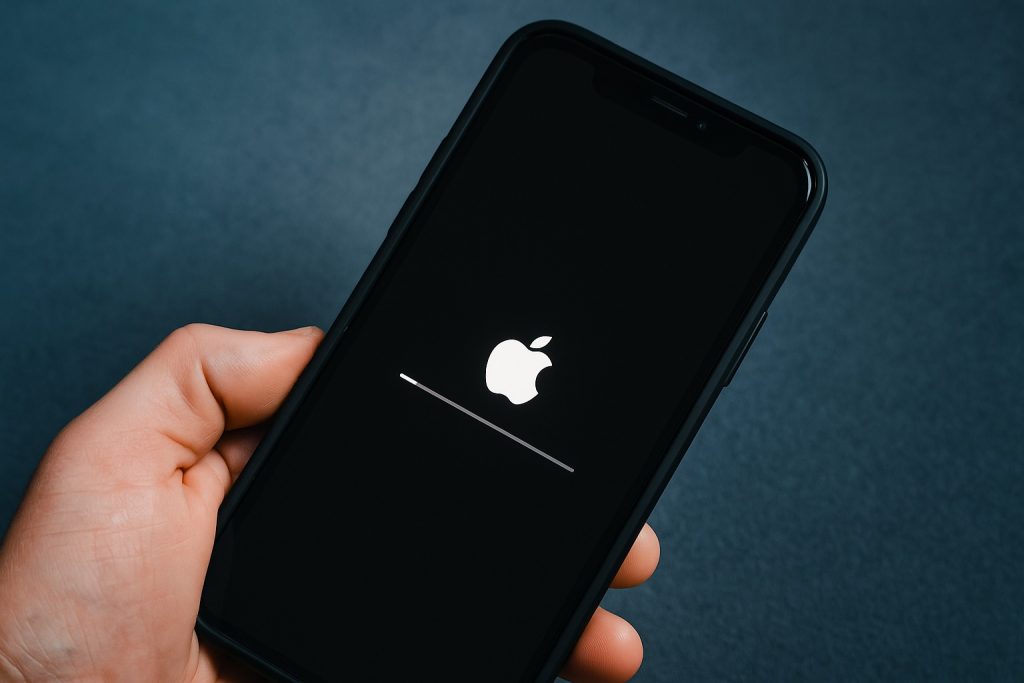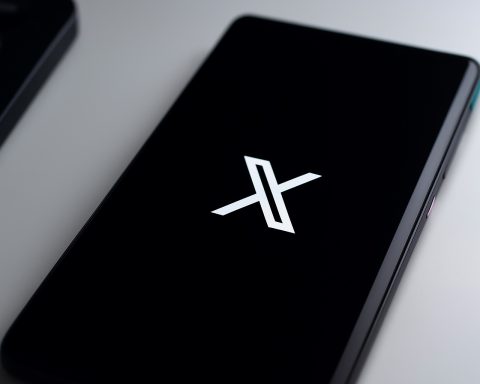
Apple lança iOS 18.7.2 e iPadOS 18.7.2 e corrige falha zero-day
A Apple lançou novas atualizações de software — iOS 18.7.2 para iPhones e iPadOS 18.7.2 para iPads — como uma medida de emergência para corrigir vulnerabilidades críticas de segurança, incluindo uma possível exploração de zero-day 9to5mac.com itpro.com. Lançadas em 5 de novembro




